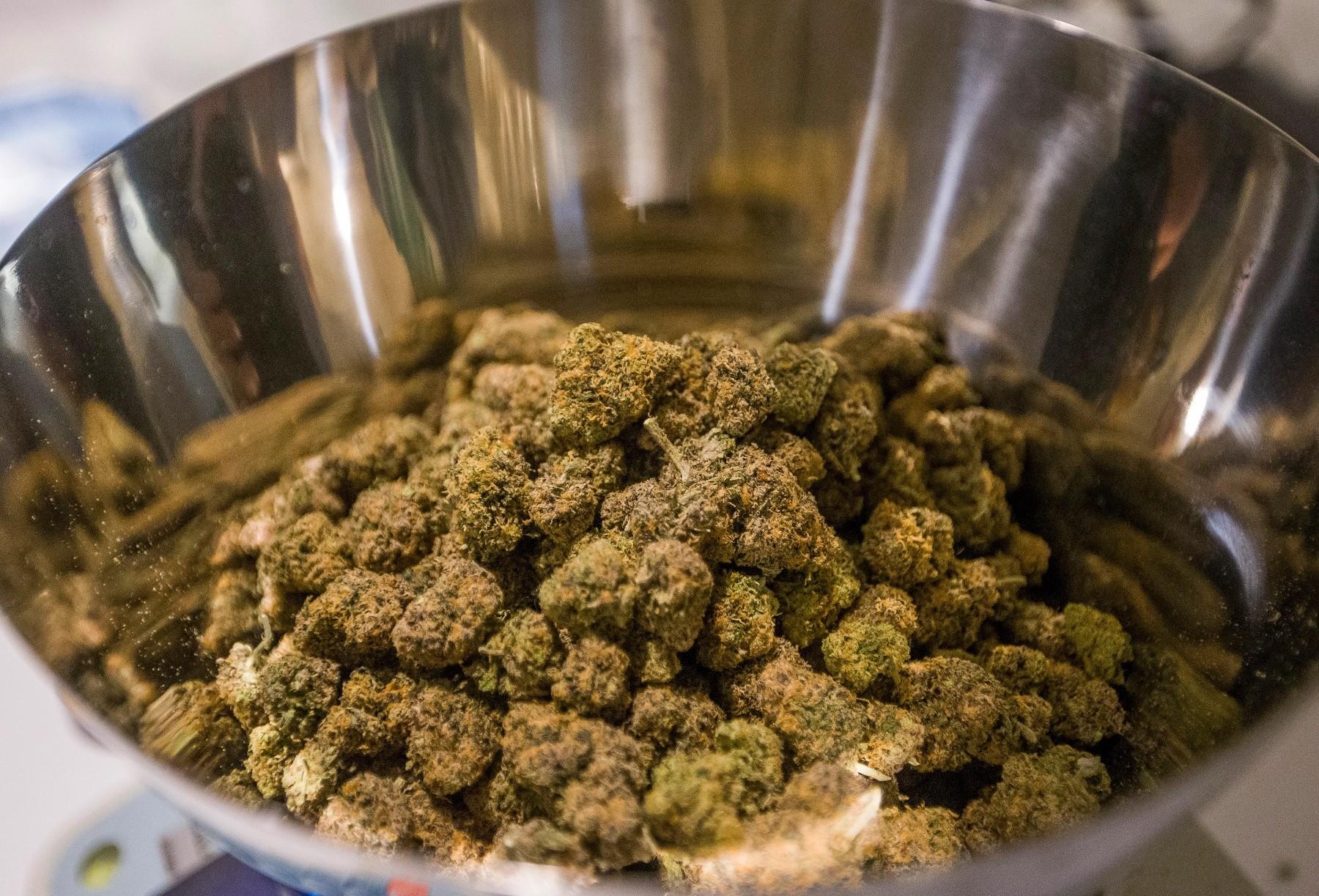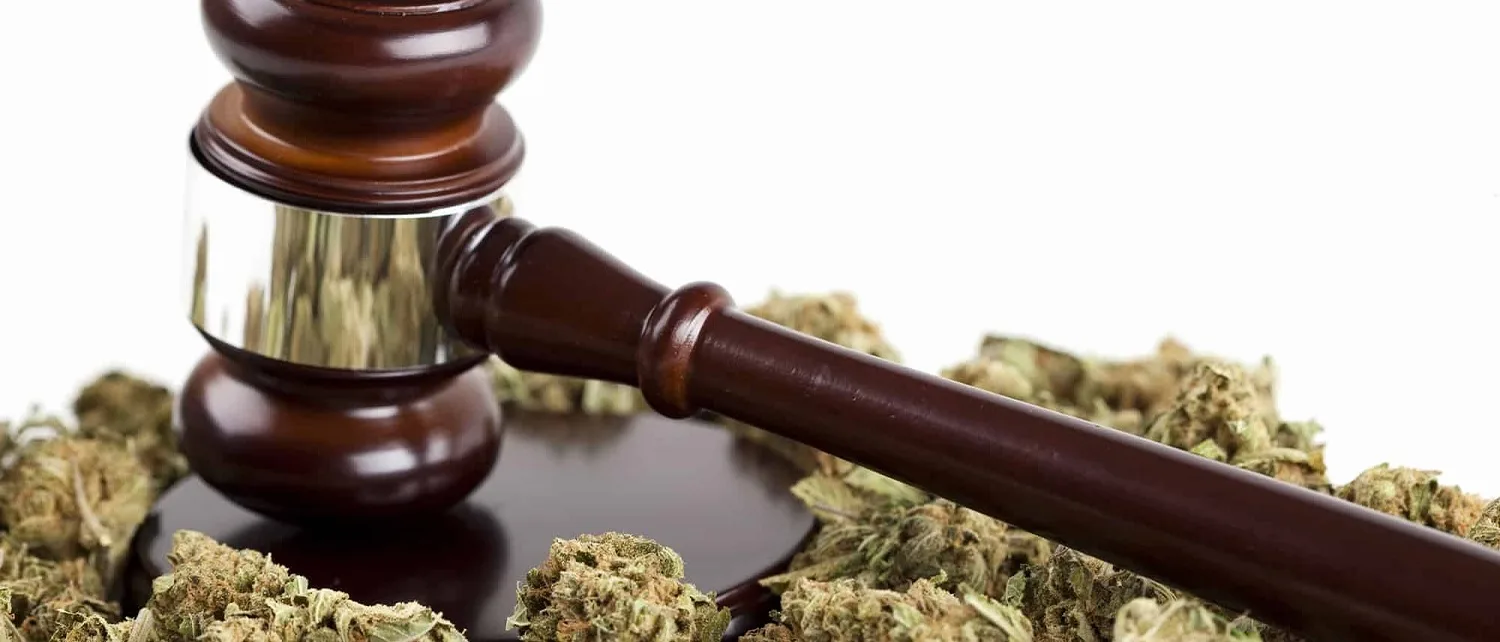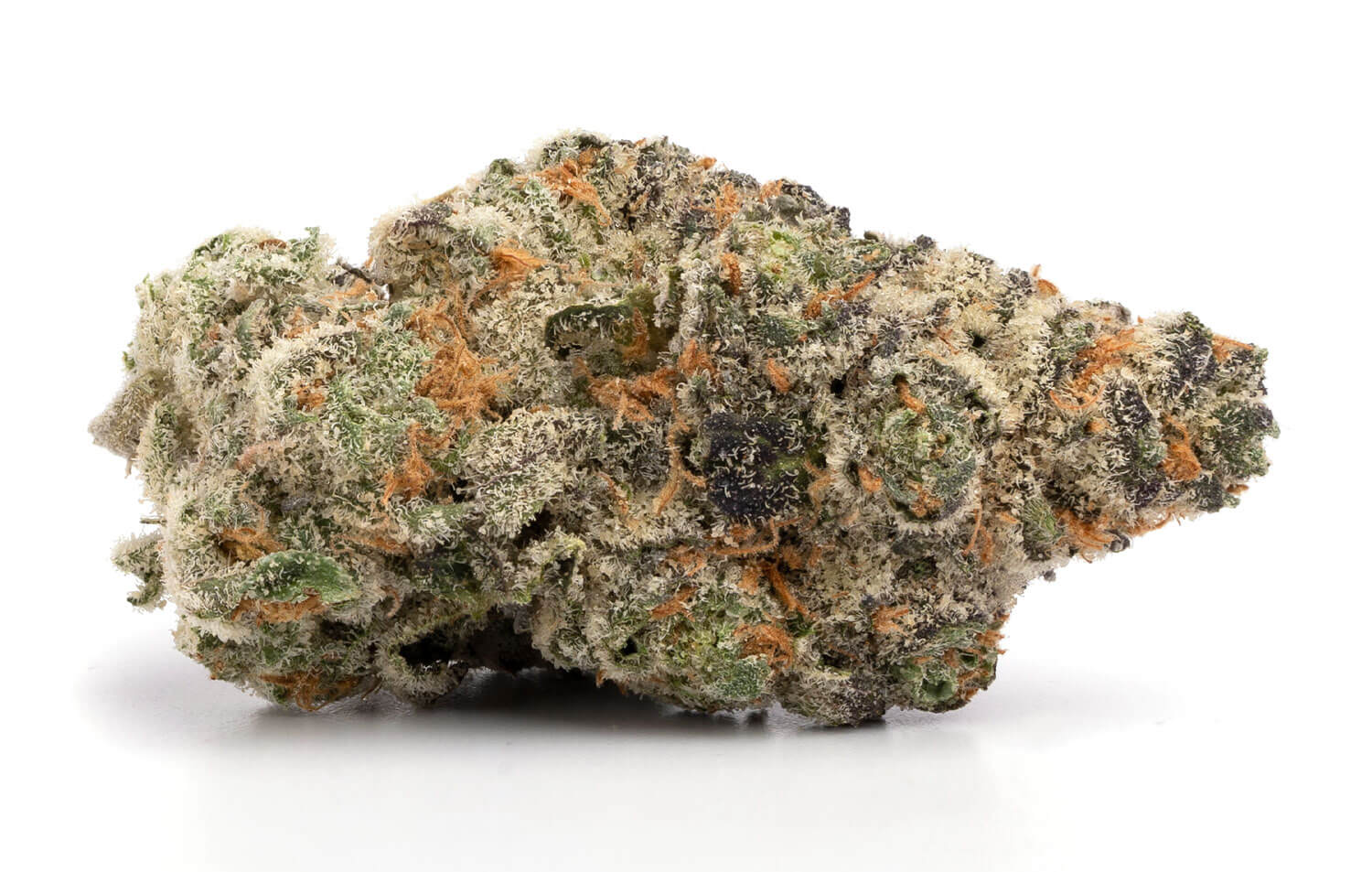Lifetime cannabis use does not appear to negatively impact cognitive decline, and may actually protect against it, according to a longitudinal study published in Brain and Behavior.

The research assessed the relationship between marijuana use and age-related cognitive changes in a cohort of 5,162 Danish men over a span of 44 years.
Participants’ IQs were evaluated in early adulthood, with a mean age of 22, and again in late midlife, at an average age of 62. The study found that men with a history of cannabis use experienced “significantly less cognitive decline” over their lifetimes compared to non-users.
Continue reading






 Although marijuana remains illegal in Texas, the state still has a thriving market. This is fueled by the availability of marijuana from nearby New Mexico—where recreational use is legal—as well as online sources, home cultivation, and other means. Last week legislation was filed in both the
Although marijuana remains illegal in Texas, the state still has a thriving market. This is fueled by the availability of marijuana from nearby New Mexico—where recreational use is legal—as well as online sources, home cultivation, and other means. Last week legislation was filed in both the 




